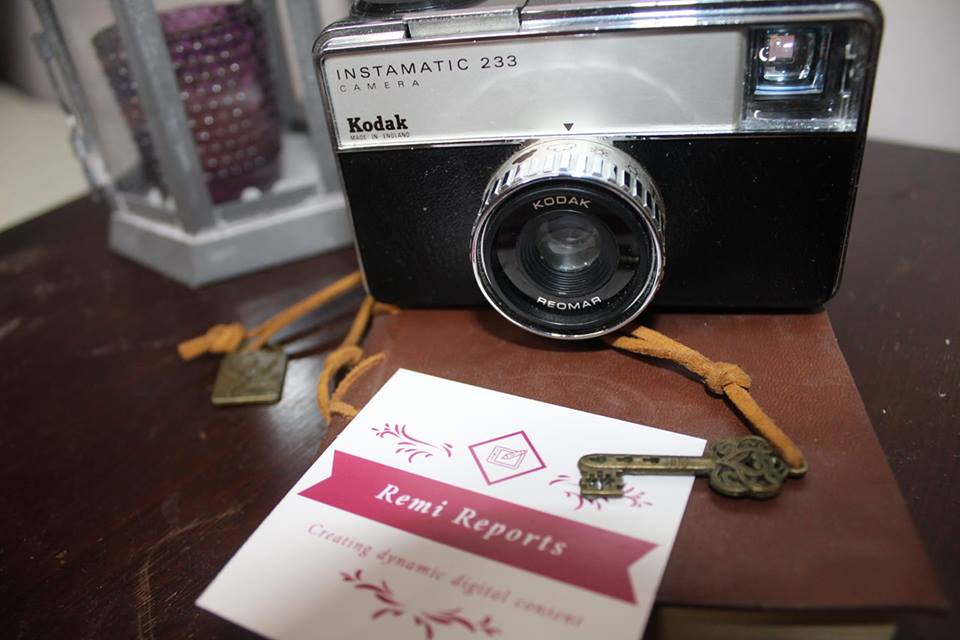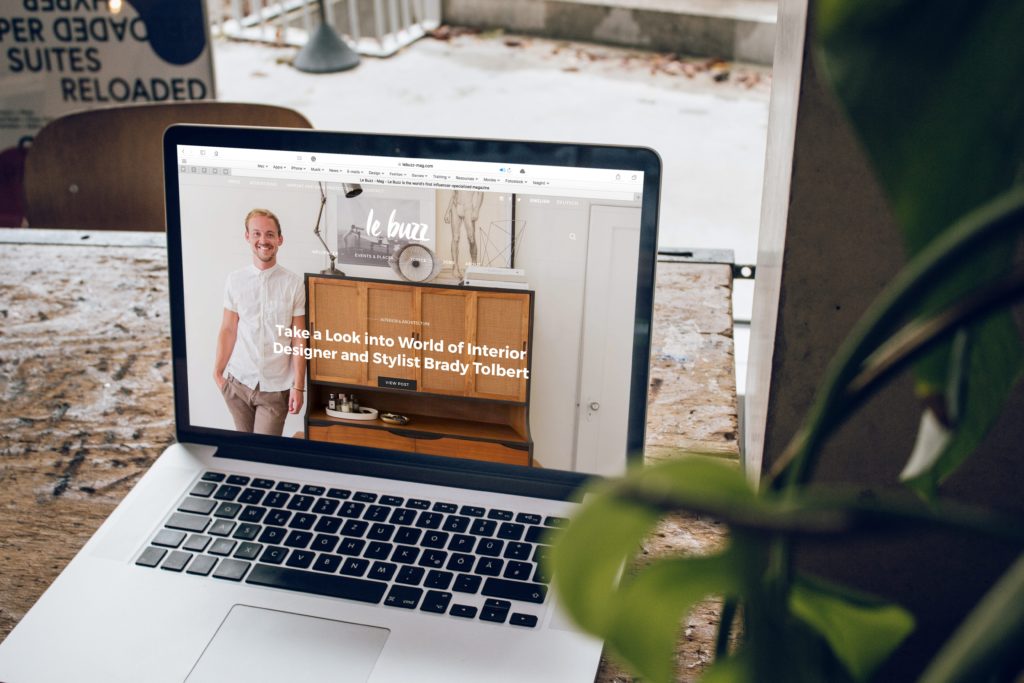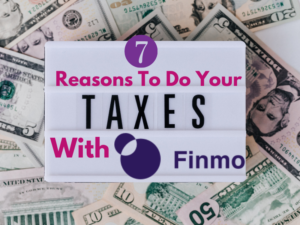The flexibility of freelancing, both in terms of time schedule and pursuing a passion, is becoming increasingly attractive in today’s world. More people are looking for tips on how to become freelancers.
Freelancing has been my only source of income for over four years now, and this has happened purely by God’s grace.
It wasn’t something I strategically planned, which may be the route of how some become freelancers.
Through this journey, I’ve discovered a few things that have helped me. Here are 11 top tips on how to become a freelancer.
1. Start Where You Are And With What You Have
You don’t have to be an expert in the service you offer to start freelancing.
As long as you have some skill in the service you are offering your clients and are transparent with them about what you can offer, this is a good enough position to start from.
I started freelancing as a Digital Marketing Assistant. This role mainly involved social media management and basic admin tasks. I only had entry-level skills in both of these areas. I stayed with this client for a 1-year contract.
As you practice your craft, you will naturally develop your skills and can then expand on the services you offer and the type of clients you approach.
There is a range of opportunities out there for basic-level skills.
So, you don’t need to be highly skilled to begin freelancing, whether as a side hustle or full-time. Virtual assistants are becoming a popular service for basic admin tasks and social media management.
It’s a flexible service and is in high demand, with many people starting online businesses now.
2. Create A Brand To Become A Freelancer

Once you’ve decided to go freelance, start getting your name out there. Creating a logo and inventing a name for your freelance business are steps involved in this process. It’s important to make your brand one that communicates your specific service—something with certain characteristics and colours, for example, that makes your audience think of you.
Through your branding, make it clear what your brand is about. You may want a tagline to accompany your logo. There are free logo makers that allow you to design and customise your logo.
3. Practice Makes Perfect

Undoubtedly, you’ll learn skills on projects you are working on. But to further develop your craft, taking time outside client’s projects to practice your skills will help you learn even more.
Carry out research to familiarise yourself with your industry, competitors, and the relevant tools needed.
4. Market Yourself Online To Become A Freelancer

Digital Marketing is a key part of promoting your business today, and there are many avenues you can take.
Social media is an example of this. Filter down which social media platform your clients tend to use.
Create an account on that social media platform and start posting and reaching out to potential clients through there.
However, regardless of your type of business, you should have a website. Your website should be your digital shop front.
This is where visitors can find out all about your business, including your contact information, examples of your work, and more detailed information about you.
Professional-hosted websites usually require a fee, so making this decision is when you know you want to take freelancing seriously.
However, there are free websites without a domain name that you can try out first if you want to test the waters.
But if you want to level up, I’d recommend investing in a domain name and self-hosted website.
It gives potential clients a much more professional impression and shows that you are serious about your brand.
5. Get A Mentor/ Connect With Other Freelancers

Being a freelancer and generally being self-employed can be lonesome as you often work alone on your business.
However, there are ways of getting around this. Collaborating with other freelancers and joining some community are two options.
By doing this, you can share tips and encourage each other on your journey.
Whether that is through networking events or even through community groups online, there are other freelancers looking to connect, and you can learn from each other.
There are several Facebook groups designed specifically for this. Type in keywords for the type of community you are looking for.
For example, ‘freelance writers’ and select the group’s category to search on Facebook or similar designed platforms like LinkedIn. These groups are great as they usually post freelance gigs, too, and are also good for sharing your projects.
It’s a pool of people just like you, and it helps make the journey less lonely.
In addition to this, having a mentor can be useful- especially when first starting out to guide you in the right direction. Finding someone in the same industry as you who has more experience and can share this will add to your knowledge.
Facebook groups, like SocialFixt offer free mentoring schemes for members to join. I was blessed enough to find a mentor who had been in a similar industry as me. I also have my own Freelance Creatives Business Building Group where you can connect with other freelancers.
In one simple session, I gained so much insight based on her sharing her experience and tips for situations I was in.
6. Subscribe To Newsletters To Become A Freelancer

Sometimes, manually searching for opportunities can seem like a job in itself.
As a freelancer, it’s an ongoing journey of opportunity seeking.
So, subscribing to newsletters that send opportunities directly to your inbox really alleviates pressure from you individually gig-searching.
7. Ensure You Are Offering Something Of Value

What service will you offer to your clientele that is of value? How can you better their business?
As a freelancer, you’re likely to be asked this question when pitching. Make sure that the service you offer adds value to your client. It has to make sense for them to take you on.
8. Research Your Clientele

To market your services effectively, you’ll need to research your audience. What are their interests? What are their pain points?
Without understanding your audience, you’ll probably struggle with knowing how to tailor your pitch to them specifically.
You need to identify ways you can help them, and to do that, you need to know who they are, so you can identify if you can benefit them.
9. Set goals

We all know the cliche phrase: failing to plan is planning to fail. But it still rings true. Setting goals and personal deadlines for getting things done will help you focus and work towards getting things done. Planners are a great tool for this.
10. Invest In A Course To Help You
A course with a comprehensive strategy can help provide you with deeper insight into what the freelance world is like and guide you with your steps as a freelancer.
11. Research Your Competitors To Become A Freelancer
To get a good feel of what your specific industry is like in the service you are offering, it’s worth researching your competitors and how they present themselves.
This can inspire you with ideas on how to market yourself, too.
I hope this post on tips on how to become a freelancer has helped you in the beginning stages of your freelance journey. Or even helped you decide whether or not you would like to become a freelancer.
If you’re embarking on this path, you may want to know a few things about self-employment—visit this post for more on that topic.



